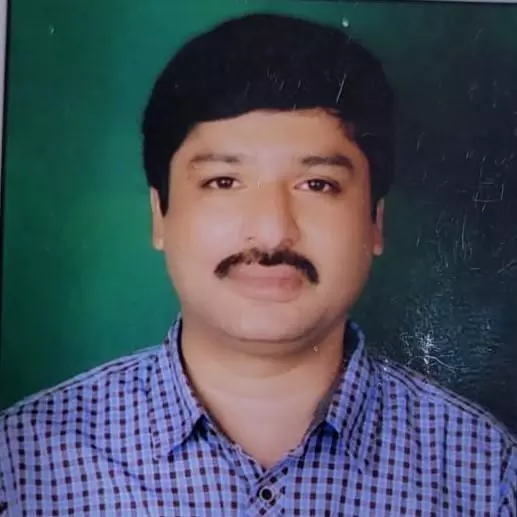Tech, defence US-India pacts on track: Official
Enhanced collaboration part of iCET bilateral initiative

Washington: The United States-India initiatives to elevate and expand strategic technology partnership and defence industrial cooperation between the governments, businesses and academic institutions of the two countries are making steady progress, according to top US officials.
Under the US-India initiative on Critical and Emerging Technology (iCET), the two nations have unveiled a roadmap for enhanced collaboration in high-technology areas, said Dr Seth Center, Office of the Special Envoy for Critical and Emerging Technology.
The Under Secretary of State for Public Diplomacy and Public Affairs, Elizabeth Allen, along with Dr Seth Center, interacted with foreign journalists at the Foreign Press Center in Washington DC on September 15 as part of the International Reporting Tour (IRT) in Boston, Detroit and Washington from September 6 to 16.
When Deccan Chronicle asked them about the recent initiatives of US-India and how they are being translated into action, Dr Seth Center said, “National Security Advisor of the United States Jake Sullivan and his Indian counterpart Ajit Doval have launched a really important initiative. It's acronym in iCET, which is essentially a signal that the strategic partnership between India should be reflected in a strategic partnership at the technology level. It defines these core technology areas, where we want to deepen our partnership.”
He said it's in everyone's interest to have strategic robust supply chains in these areas, particularly in micro-electronics. “We were thinking in terms of issues like co-developing technologies in the sectors that iCET has stressed. I think it's about looking for reducing some of the historic frictions in all of these sectors and doing business,” Dr Center said.
Explaining how the US-India initiative was making progress, since it was announced in May 2022 and officially launched in January 2023, Dr Center said, “The logic of elevating this to a national security advisor level is the only way, sometimes, to move beyond some of the frictions — whether they are commercial frictions, bureaucratic frictions — to bring it to almost a Presidential level. We are now quite a year since this initiative was launched. I think there's a detailed work plan and so I think progress is pretty good so far.”
Elizabeth Allen said that the US was looking at opportunities and threats of artificial intelligence (AI) and its extensions posed from as many sides as possible to come up with the best possible line of action that features equitability around the globe.
“We’re looking to make sure that governments and people have choices in terms of technologies they use or investments they may want to make. It’s up to us to work with allies, partners, and frankly, anyone who wants to come sit at the table to look for solutions. Certainly, we are taking a more collaborative approach to this. One of the things that we’ve really talked about internally, Seth and I, our team, everyone, is making sure that discussions around AI, offerings around governance, include countries and both private and public sector leaders in countries that have a lot of technical knowledge or have a lot of investment in their own countries, and those that don’t,” Allen said.
Allen said the US is taking a leadership role, and while they are clear-eyed about the harms and hazards at play, they are working to prevent and regulate. They are also very optimistic about the opportunity that emerging technology and AI present.
“As the United States takes a leadership role, we feel very committed to bringing a wide variety of voices around the table to talk about this, which is one reason why Secretary of State Antony Blinken will be helping convene an event at the high-level UN General Assembly next week,” Allen said.
“One of our sort of grounding principles as we think about emerging tech and AI is that no one country can or should solve this alone – not the United States nor anyone else. There needs to be, by definition, collaboration and a very wide variety of voices at any table that’s discussing how to handle emerging tech and AI going forward. This includes a wide variety of government voices and points of view, and also, critically, civil society, advocacy, tech companies,” Allen said.

